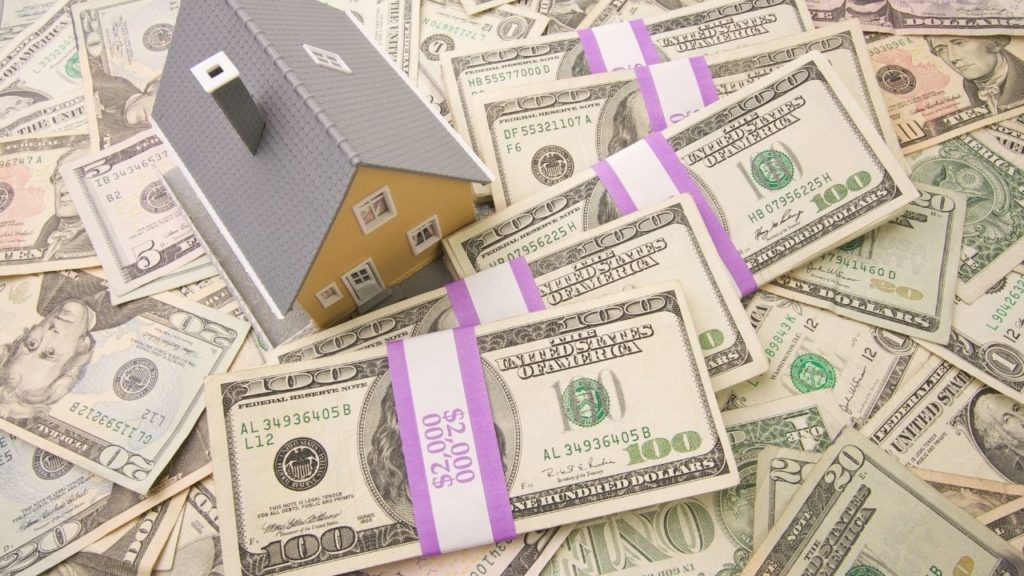Selling property can take time. You must list your house and have it marketed. You will probably host several open house showings before you start receiving offers. Once you have accepted a specific offer, it may still take several weeks until the closing process has been completed.
A common concern for many homeowners is what happens to the money from a home sale. Some homeowners are eager to receive their proceeds so that they can make a down payment on another house. Others may be looking to set aside some of that money for retirement, a new vehicle, or other purchases.
Selling a home in California can be complicated at times. There are usually multiple parties that get involved along the way. Things can be especially frustrating if you are attempting to move your property in a buyer’s market.
There may be less interest than expected in your home and you may have to find creative ways to help your home stand out. You should still be able to achieve your goal with persistence, determination, and a good plan of action.
Here are a few things to know about what happens to the proceeds from the sale of a house:
Equity
You need to have equity in your home before you can be paid for the sale.
Equity is the difference between an asset’s values and its liabilities. In other words, equity is how much you have paid on your mortgage.
If you have a $200,000 home that you paid a $40,000 down payment on, you will have 20 percent equity. That is because you have paid 20 percent of the house’s worth with the down payment.
If you have paid a total of $100,000 on the home when it was put up for market, you would have 50 percent equity in the home. If the amount that you have paid on your mortgage remains unchanged when the home is sold, you would still have 50 percent equity.

If the home sells for $200,000, you would receive $50,000 from the sale and the mortgage lender would receive $50,000. In this situation, both you and your lender have an equal share of the property’s legal ownership.
Most home sellers are not paid immediately. They generally receive their proceeds anywhere from a couple of days to up to ten business days after the closing has been completed.
Wire transfers are usually handled within about 24 to 48 hours. Receiving a physical check can take longer.
The amount of time can depend on how long it takes the lender to settle their files and release a check to the seller for their share of the sale’s proceeds.
Do not forget that there are other parties that need to be paid from the sale of a home!
Closing Costs When Selling a House
Closing costs
Sellers may be required to pay certain closing costs before the sale is finalized.
Home repairs, inspection fees, and any current liens or other financial obligations against the property are examples of common closing costs for sellers.
These fees can vary greatly. You may want to review the closing documents very carefully so that you fully understand your obligations.
Real estate agent commissions.
Home sellers are also responsible for paying commissions earned by their realtor.
These commissions can be anywhere from around 2 to 6 percent of the total sale price or more.
You could negotiate with your real estate agent for a lower rate or inquire about flat real estate commissions. This could save significant money in the long run.

Taxes and other fees.
There may be certain taxes assessed after your home has been sold. Taxes often come in to play if you have complete equity in your home or if you make any sort of profit from the transaction.
However, there are certain exclusions that can apply. You can usually omit as much as $500,000 if you are filing a joint tax return and are married. This situation will only apply if you lived in the home for two or more of the last five years.
You may also be able to file for a tax exemption if you lived in the house for less than two years and are moving because of a change of jobs or because of health reasons.
You may be asked to provide proof for these reasons. You may want to consider having a lawyer review your sale contract so that you will not be surprised by any contingencies or other language that could prevent you from claiming certain tax exclusions or exemptions.
Home sellers are also generally expected to pay for transfer taxes and fees, escrow fees, title insurance, attorney fees and any prorated homeowners association fees and property taxes that may apply.
The amounts should be clearly itemized so that you know what is expected of you before the property is transferred to the seller.
What Does Selling A House “As Is” Mean?
Conclusion
These costs can eat into your proceeds, so it is important to prepare your finances accordingly.
If home repairs or renovations or other closing costs or fees take up a major portion of your proceeds, you may want to set aside extra money for the down payment on your next home or for any other big-ticket items that you may be planning to buy.

Take some time to examine your current income and expenses, if there are any redundant or unnecessary costs, now is the perfect time to eliminate them.
You can start setting aside part of your regular paychecks towards future expenditures. Set a goal for yourself and set benchmarks for evaluating your progress along the way.
It is nice to envision the amount of money that you will receive after your home is sold. Just keep in mind the various costs that you will have to pay before you can realize any income or profit from the transaction.
Your net proceeds may be less than you would like but that is a reality that you may have to face. Being realistic can reduce a lot of anxiety or stress about the matter.
Think positively. You will have successfully sold your home and can now move on to wherever else life takes you.
Resources Links to help you through COVID-19
📞 Have Questions? Ask The Chris Eckert Real Estate Team
Give The Chris Eckert Real Estate Team a call today at 650.627.3799 to learn more about local areas, discuss selling a house, or tour available homes for sale.





